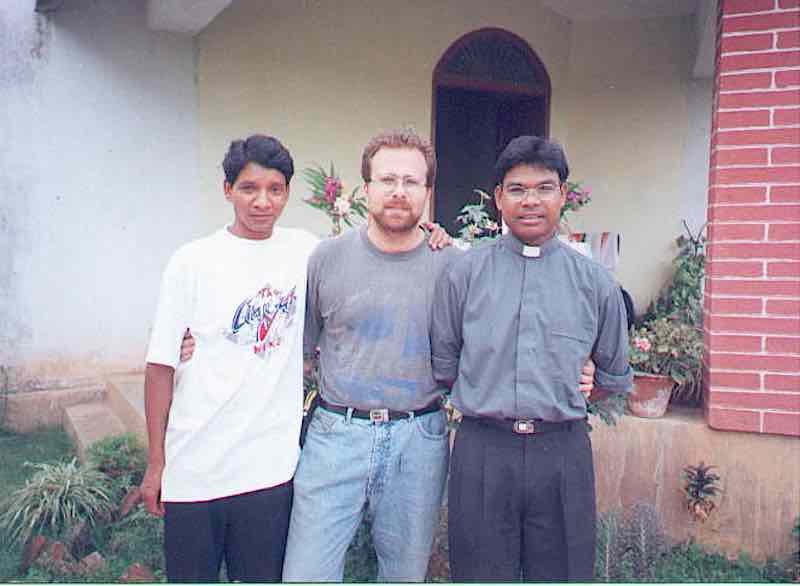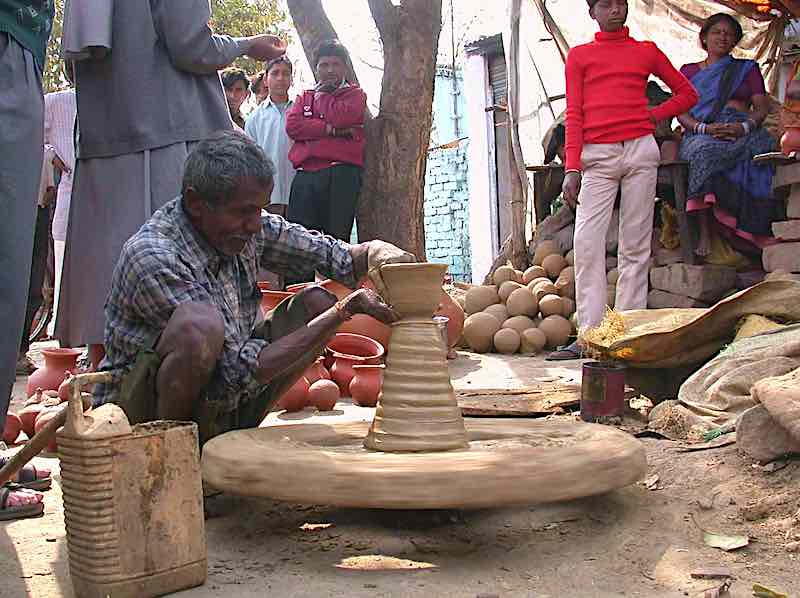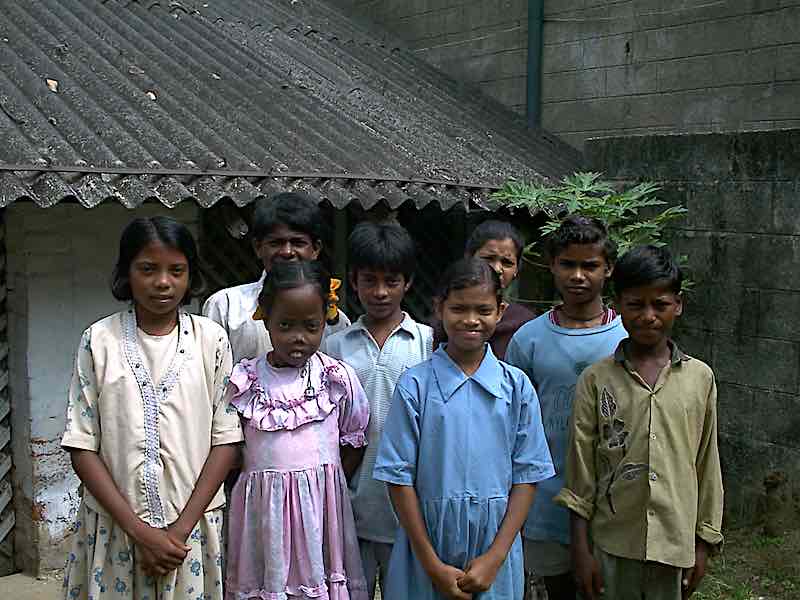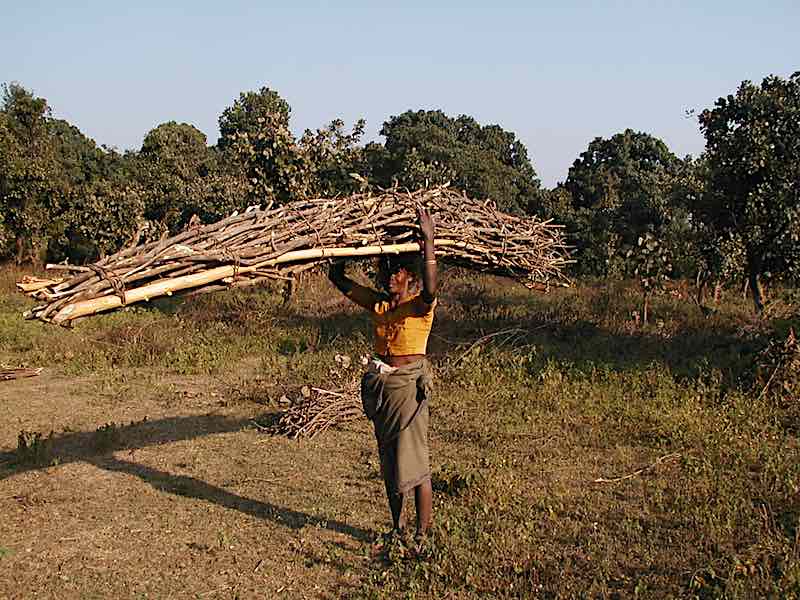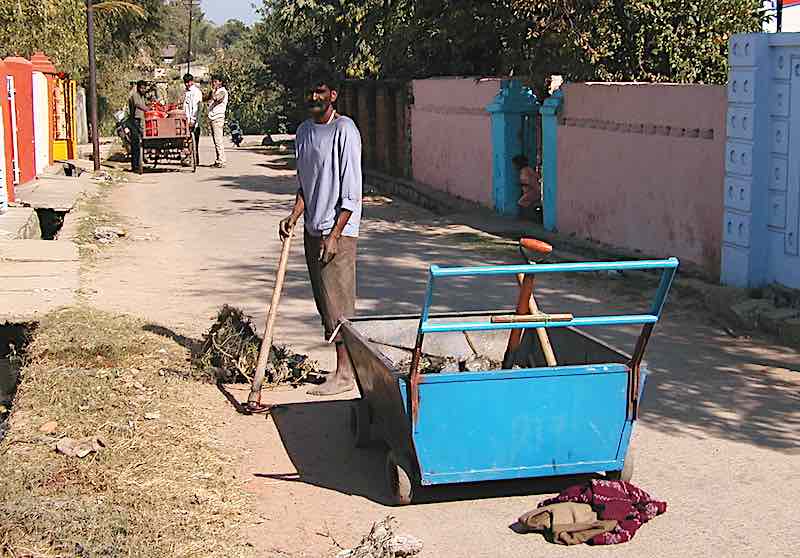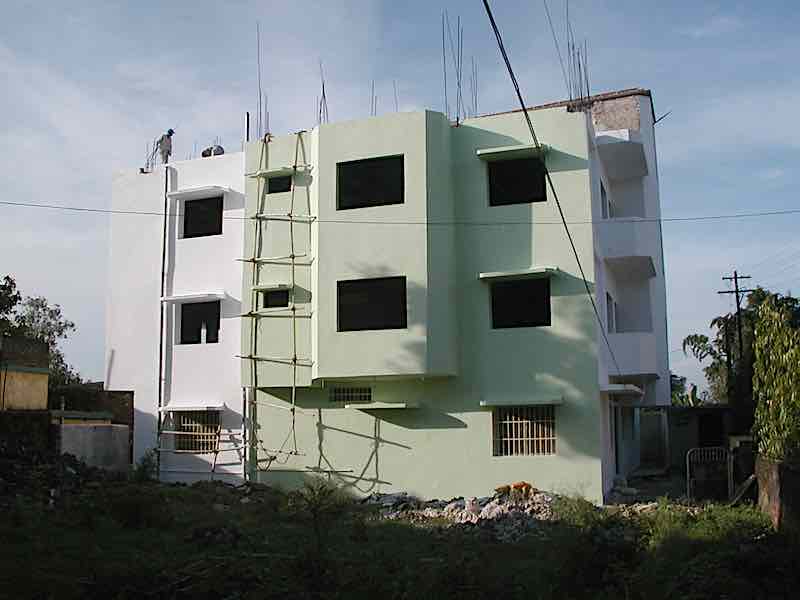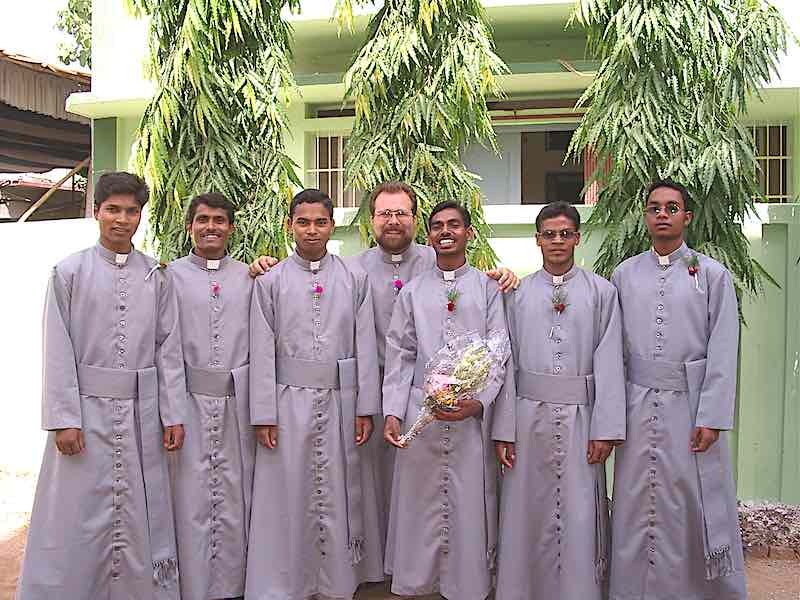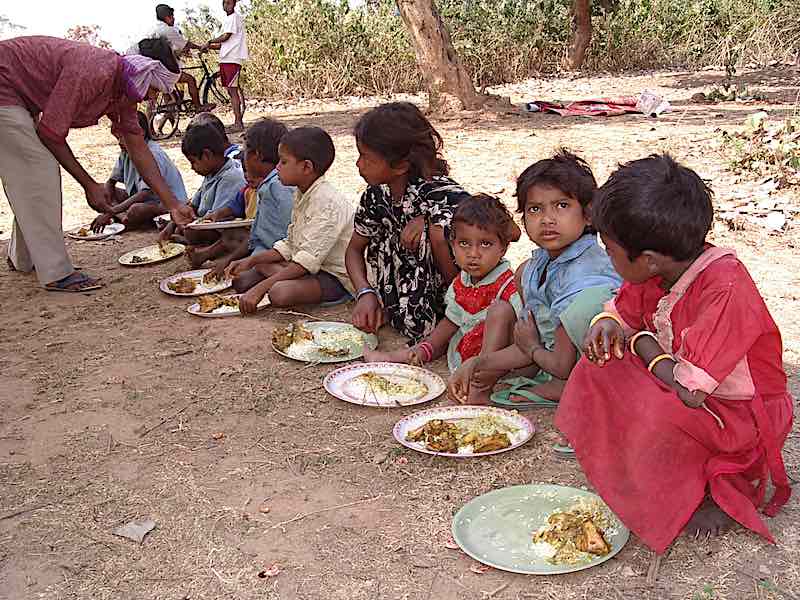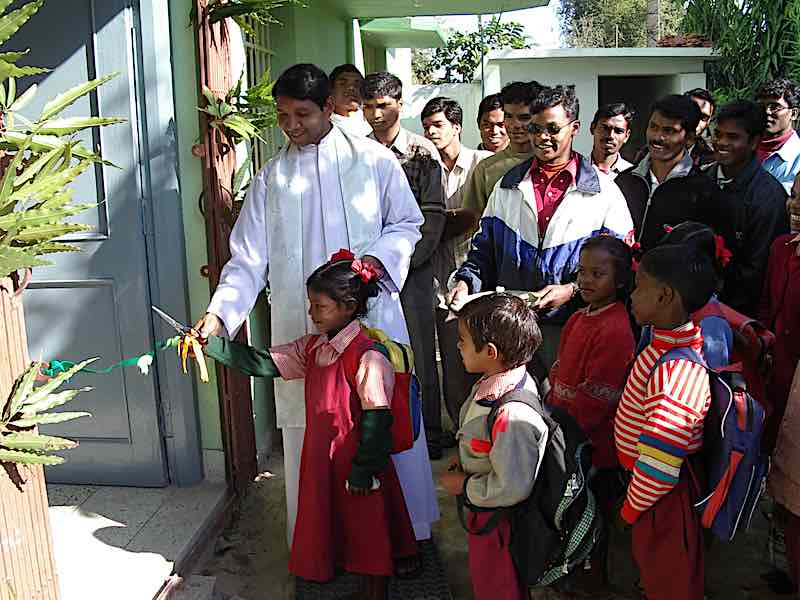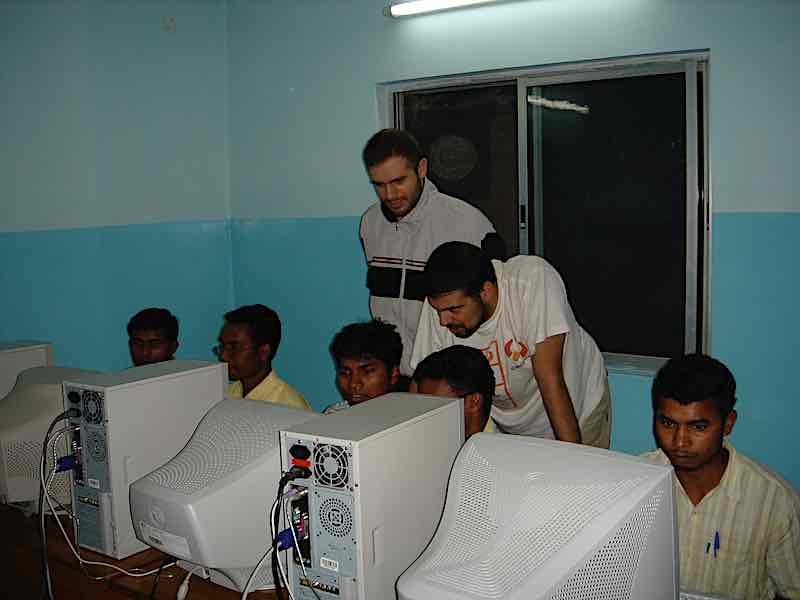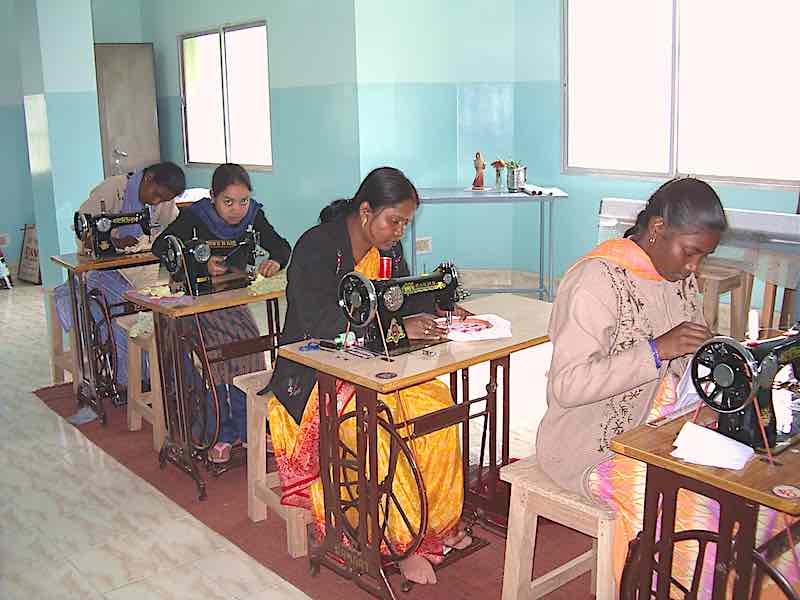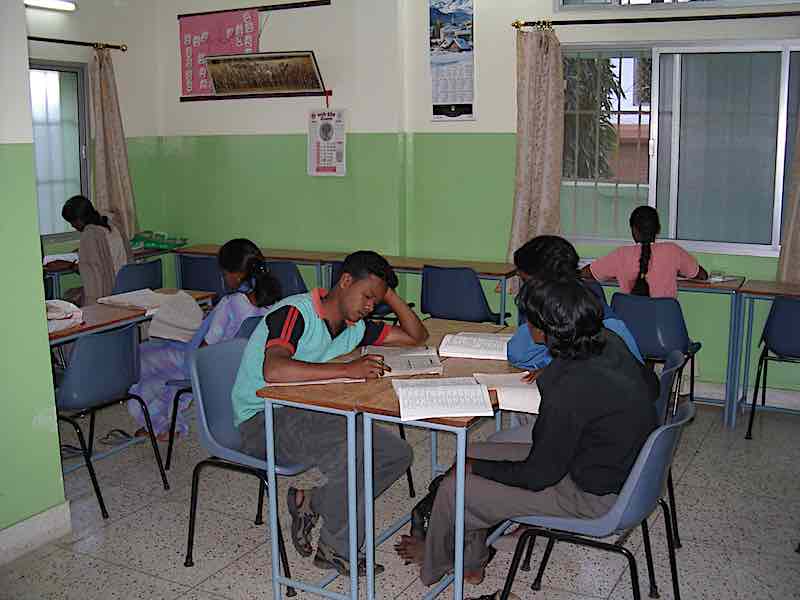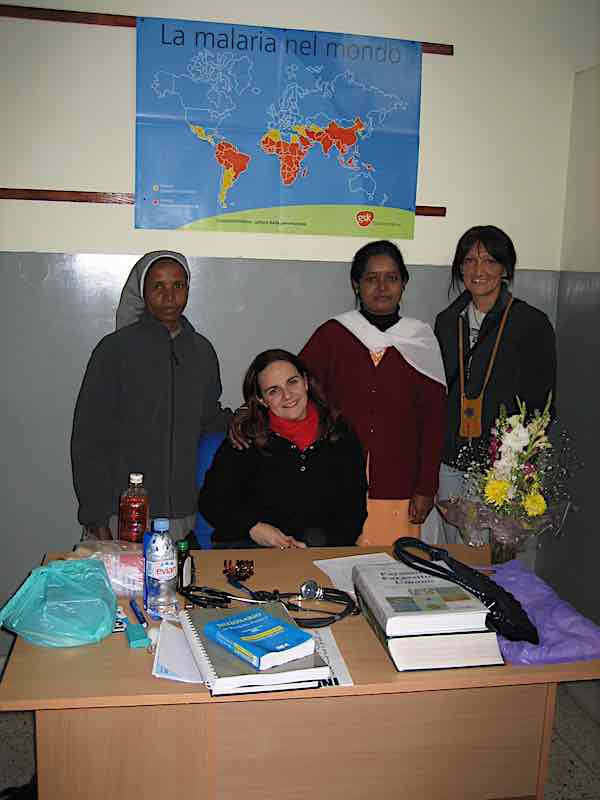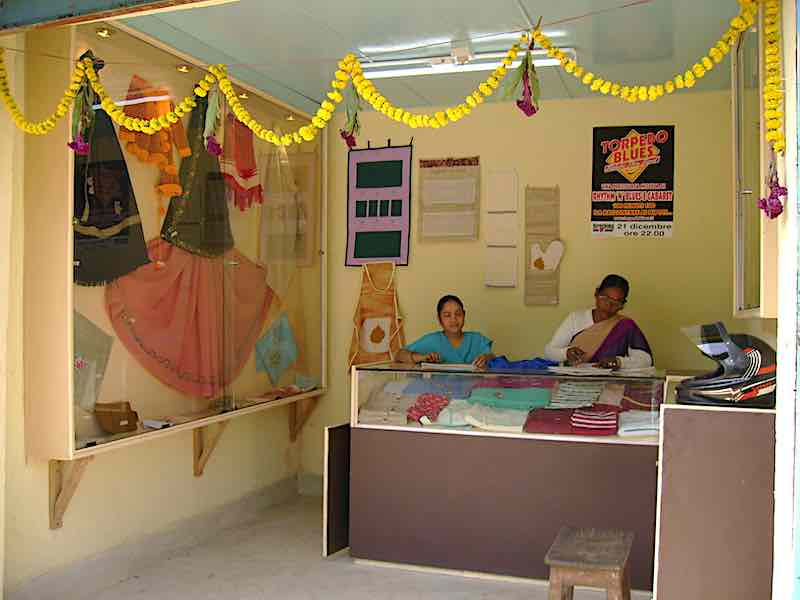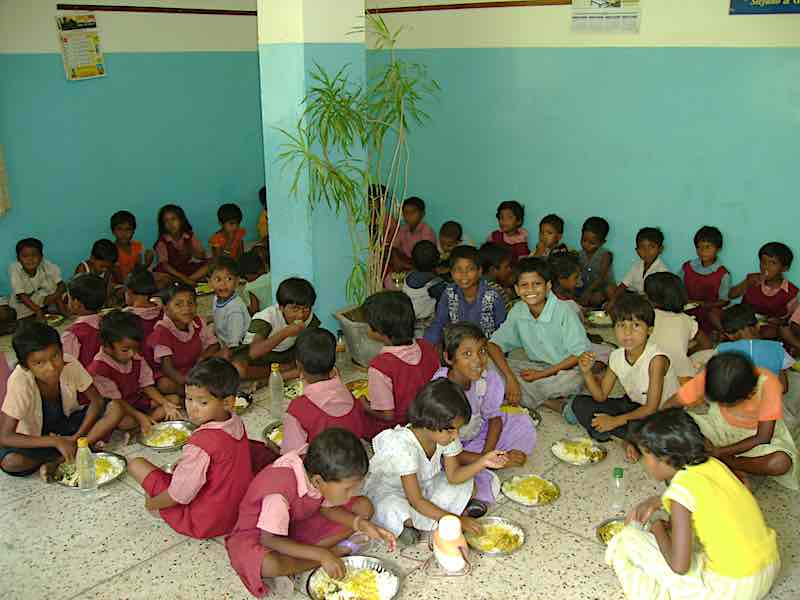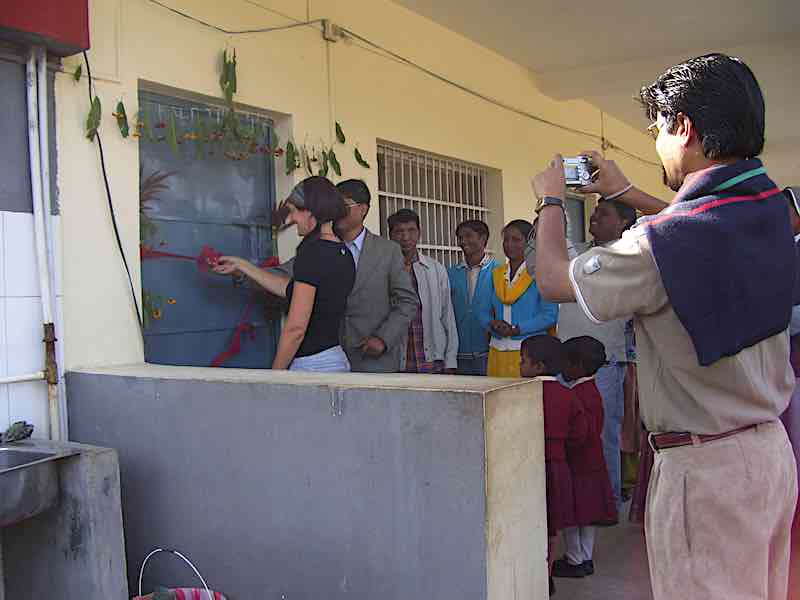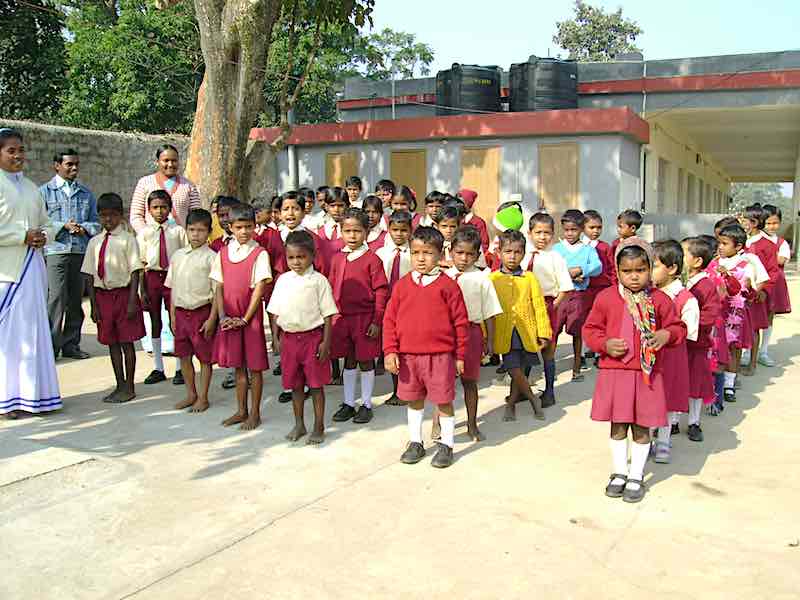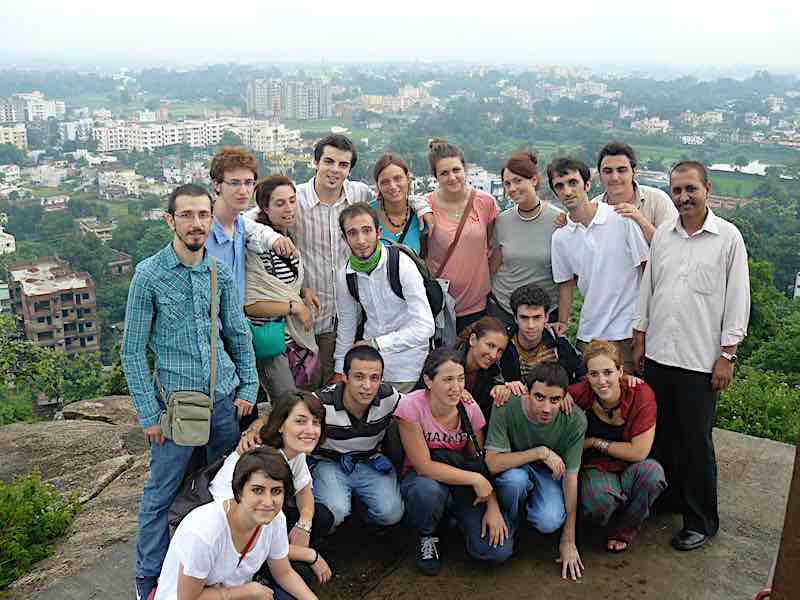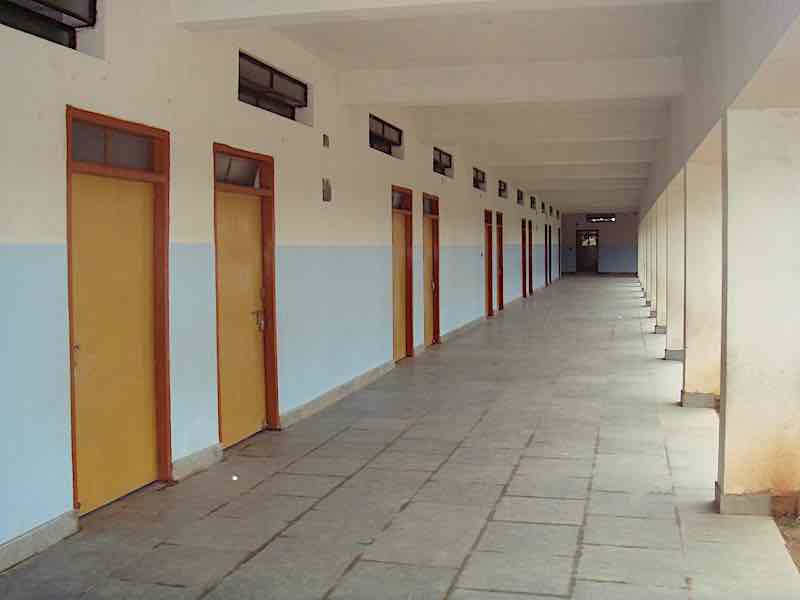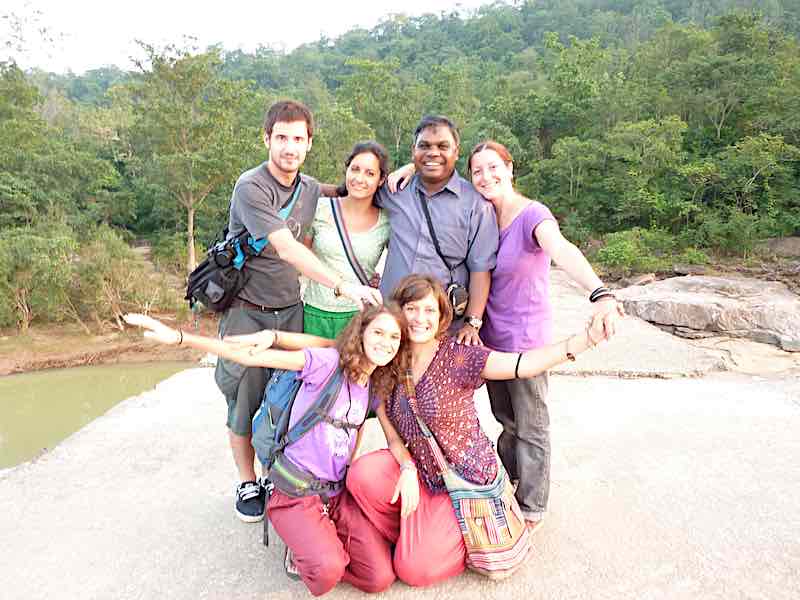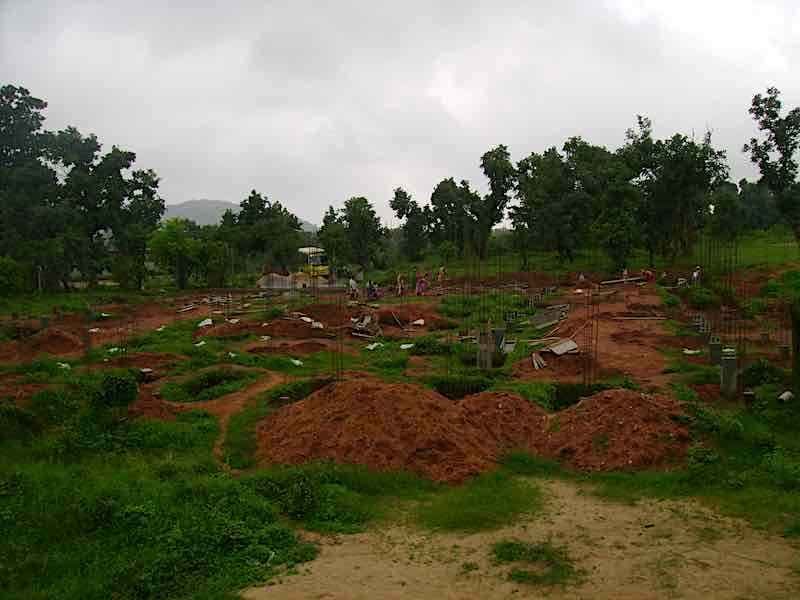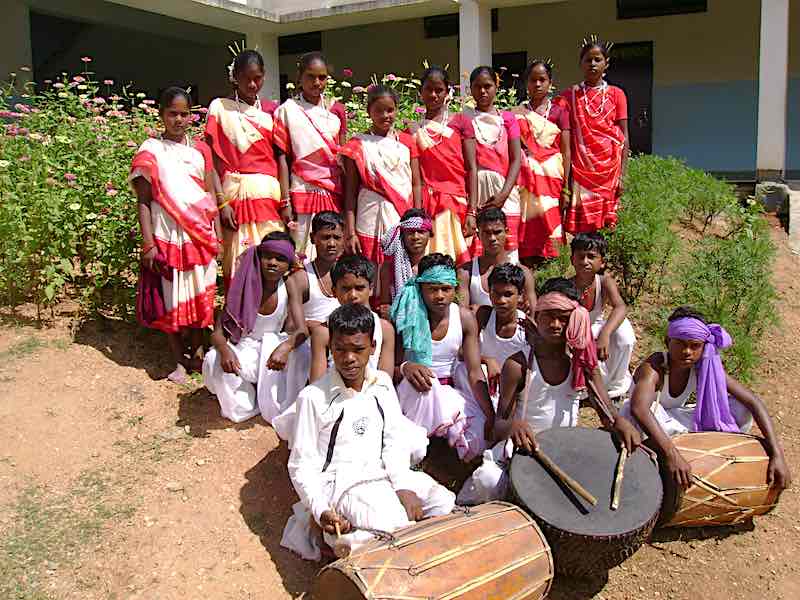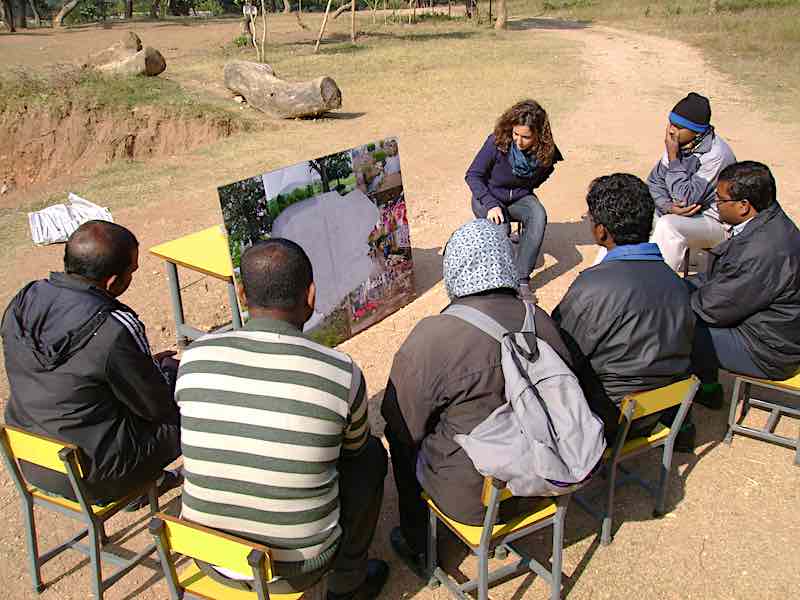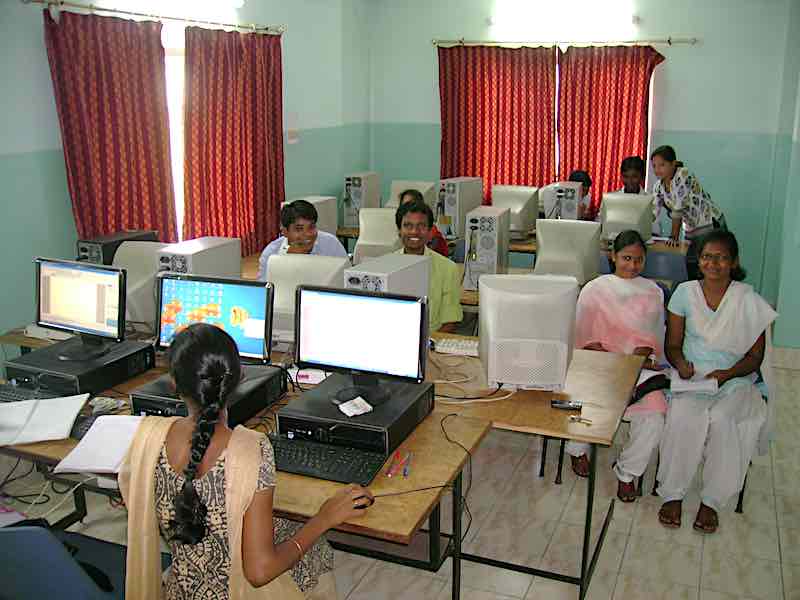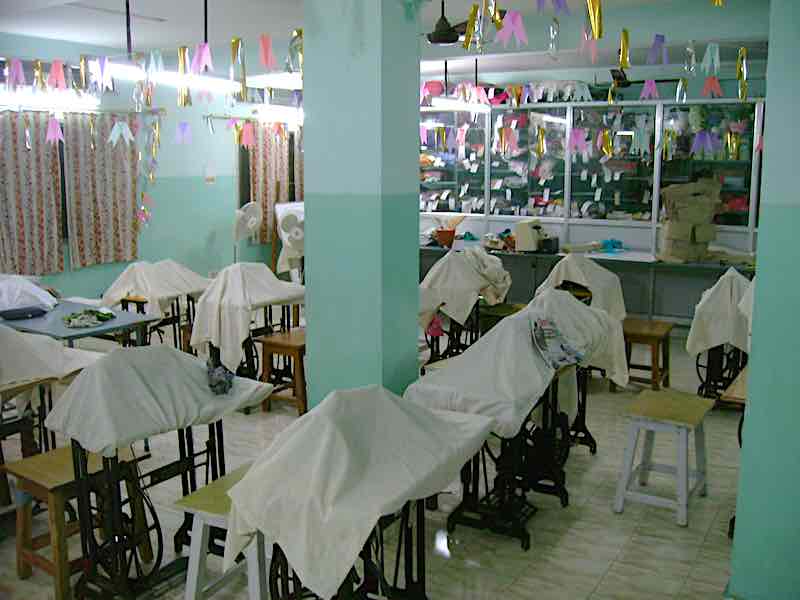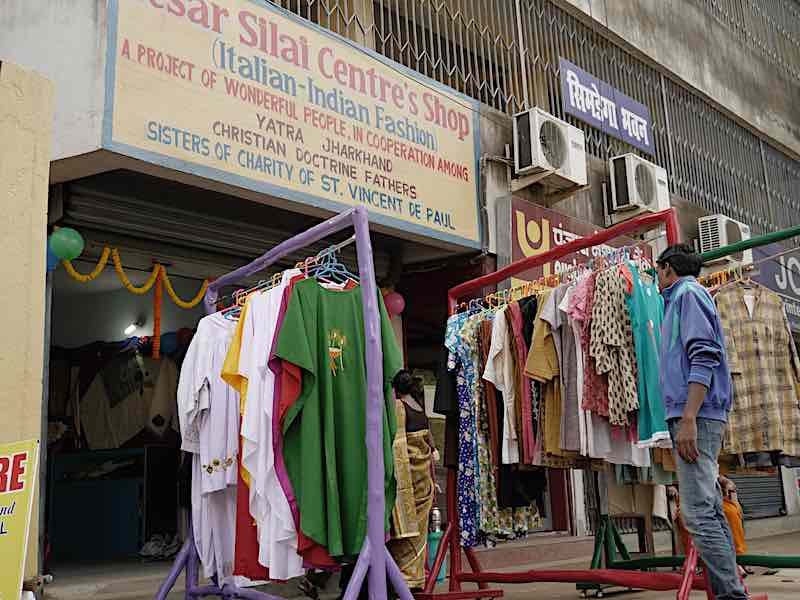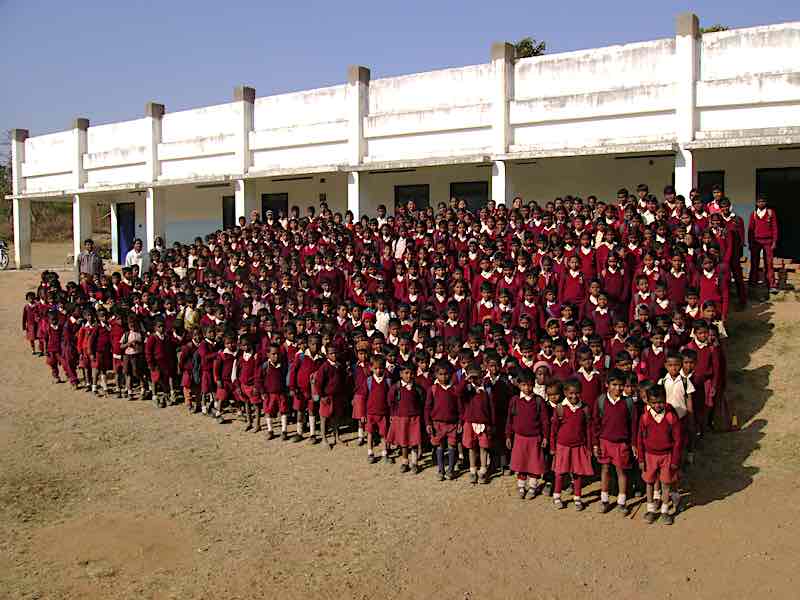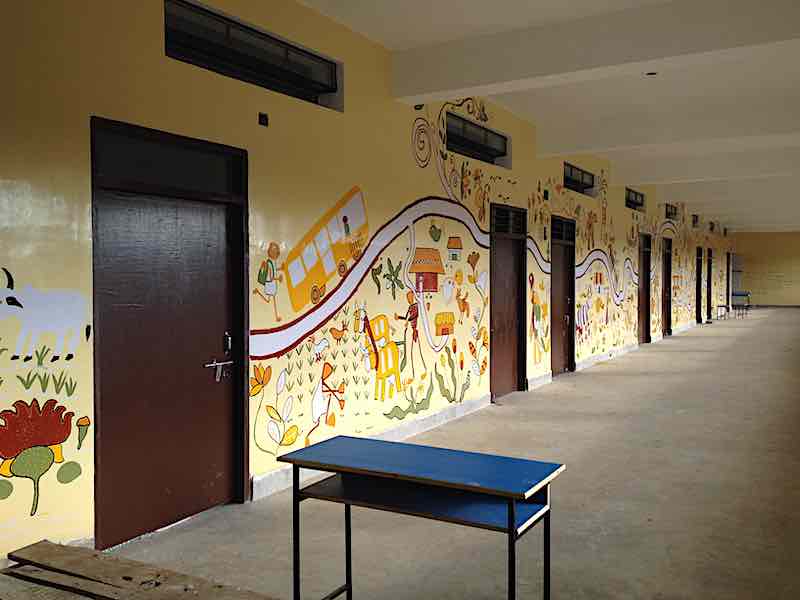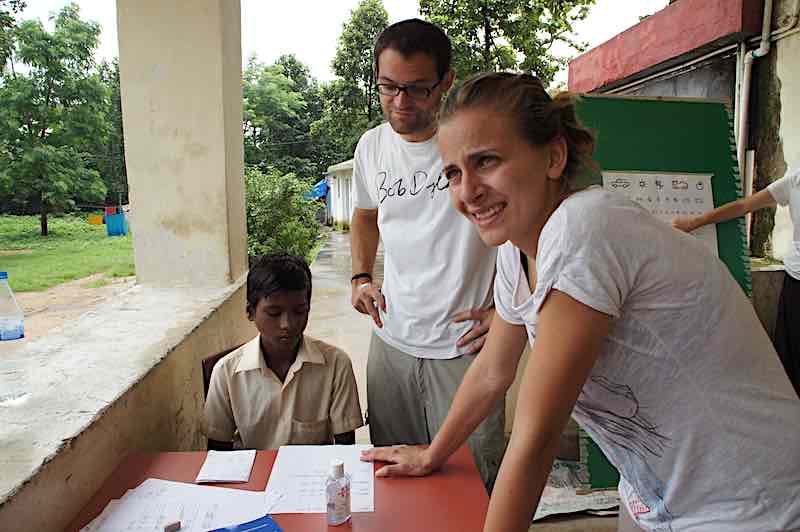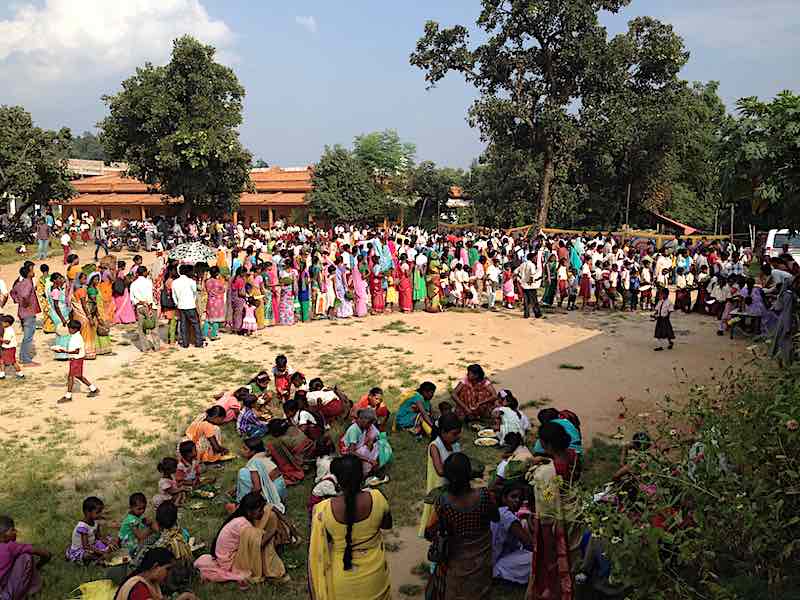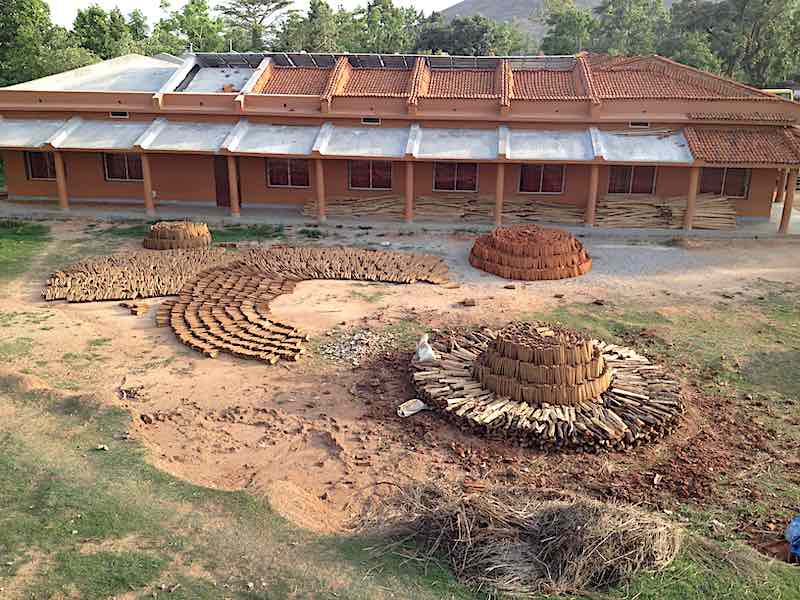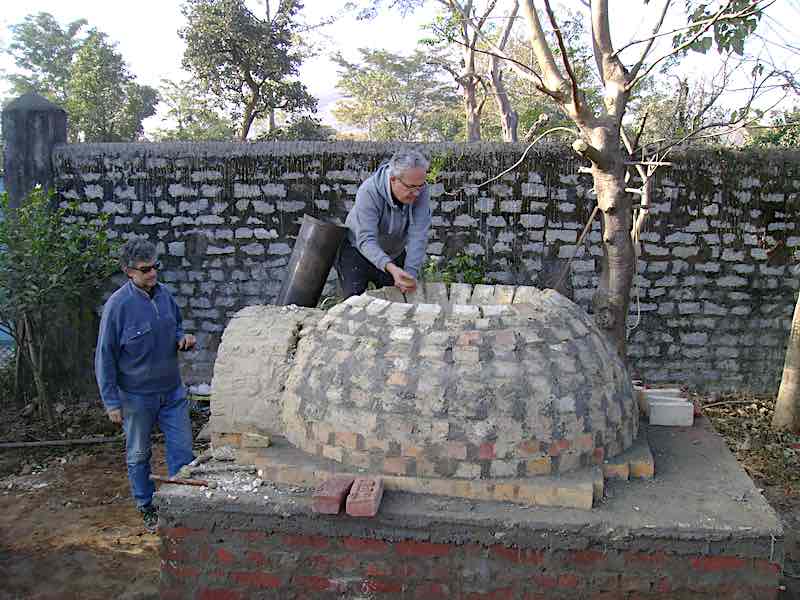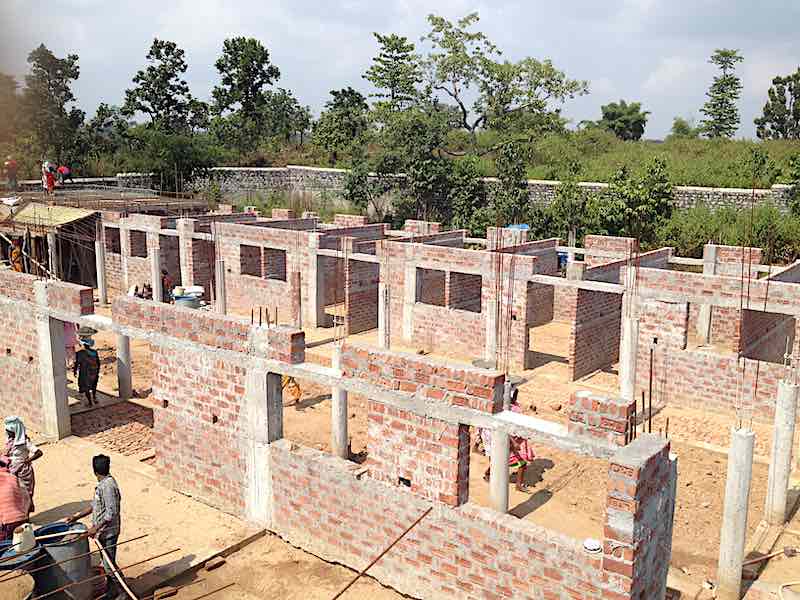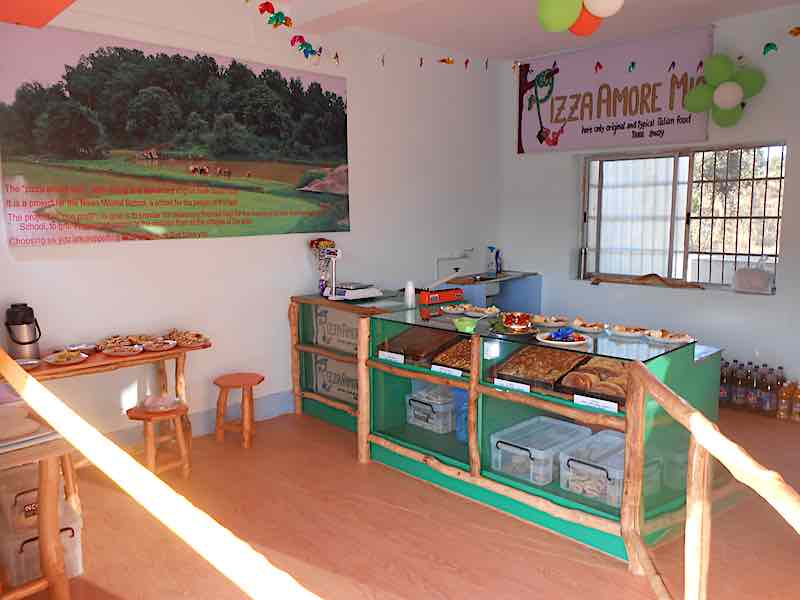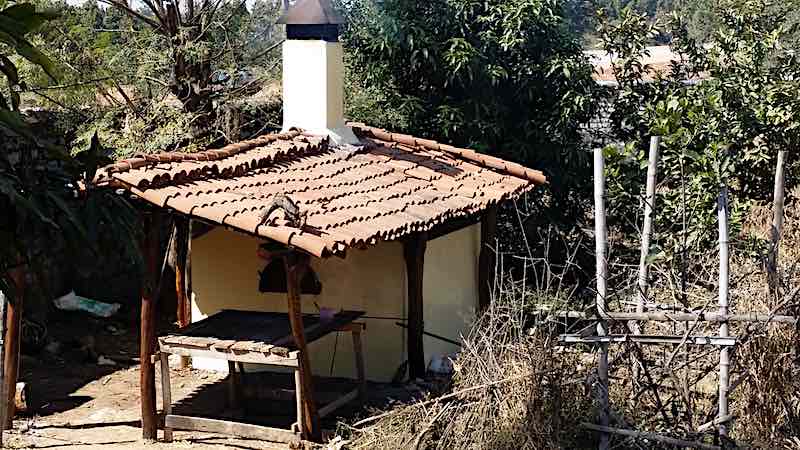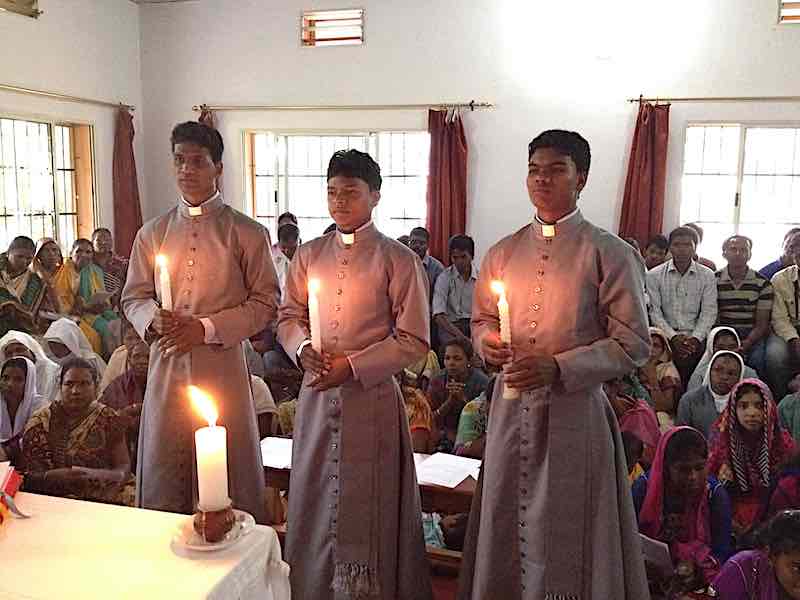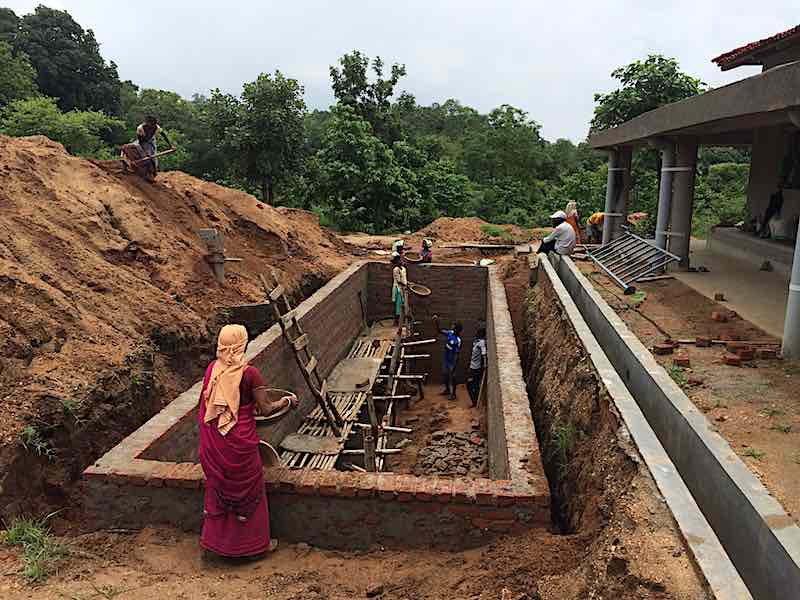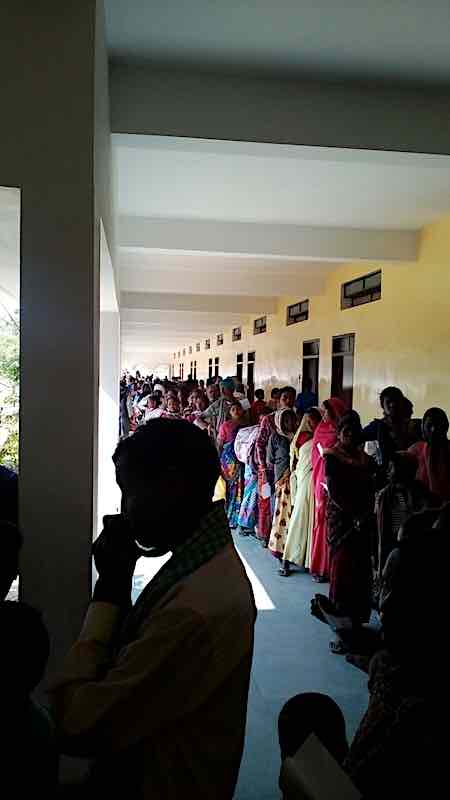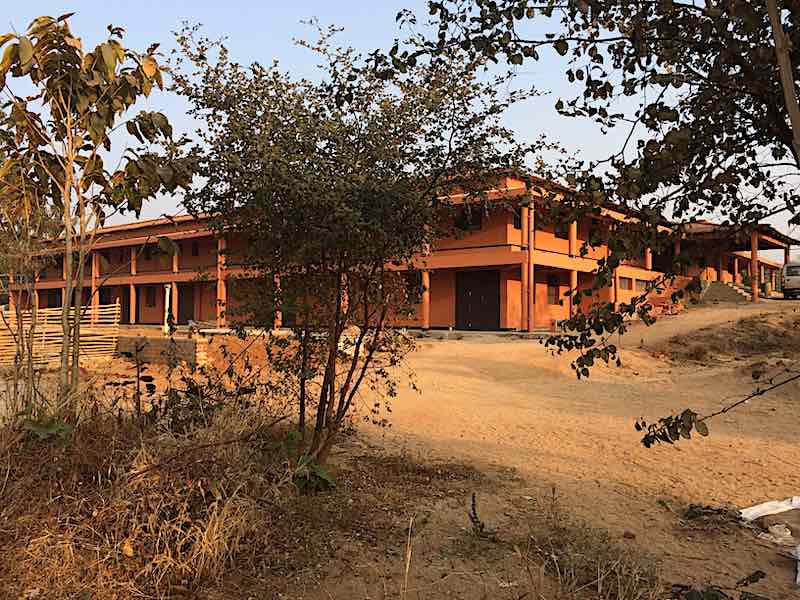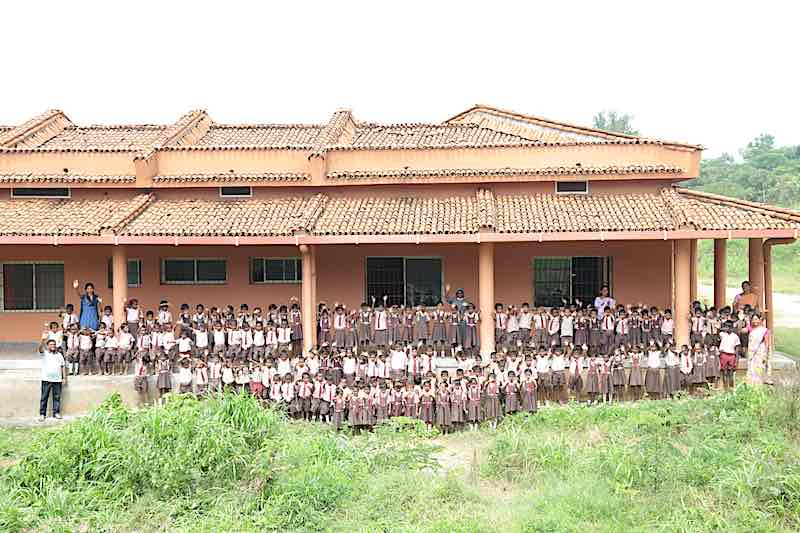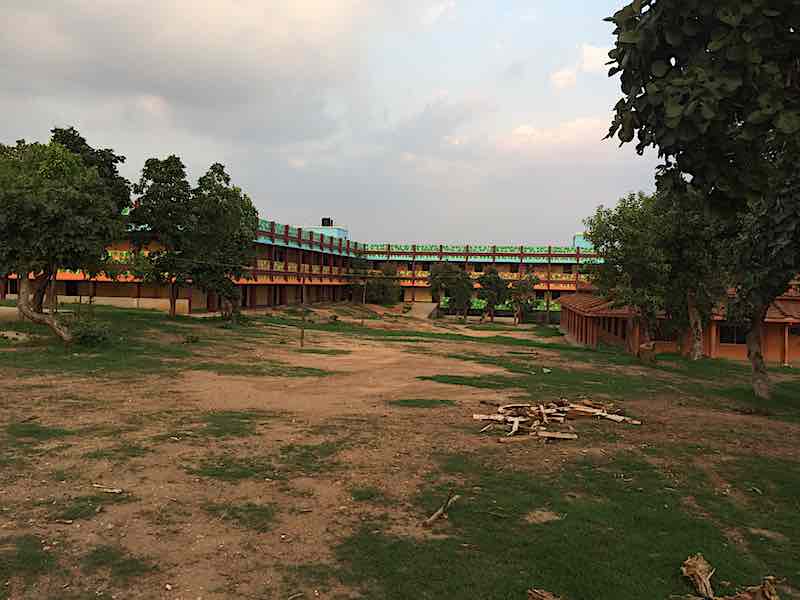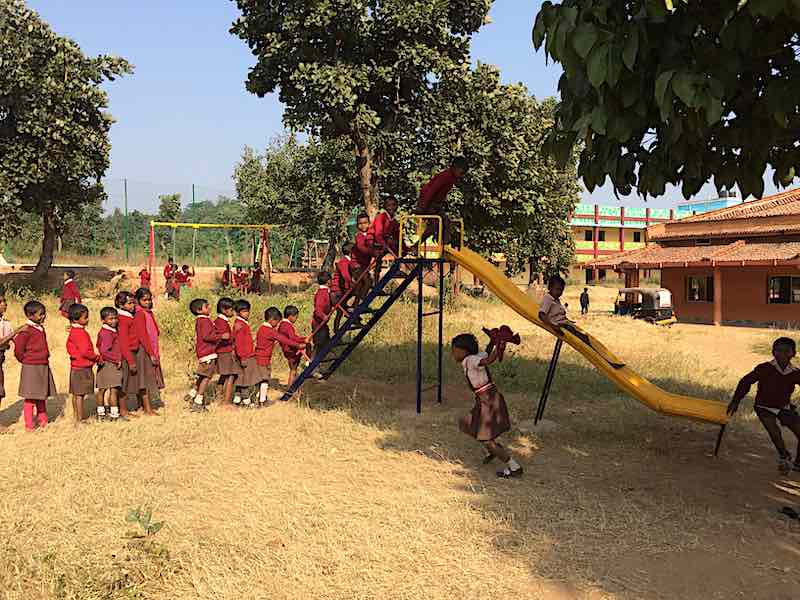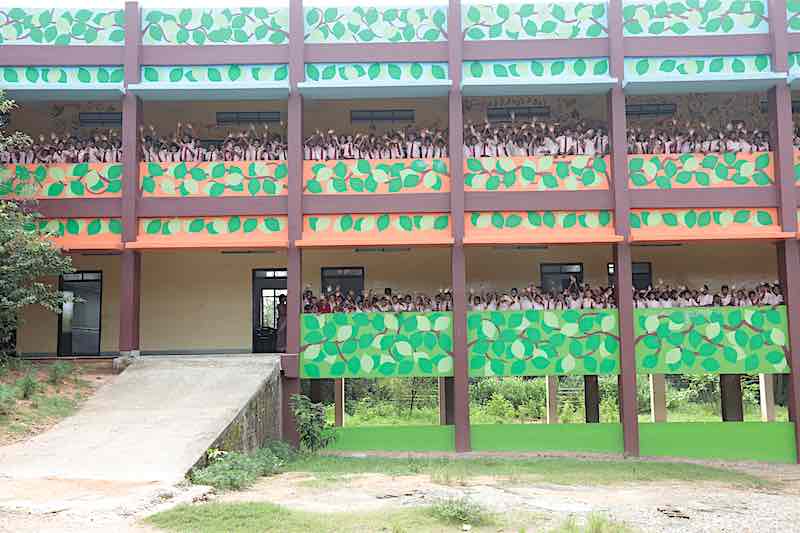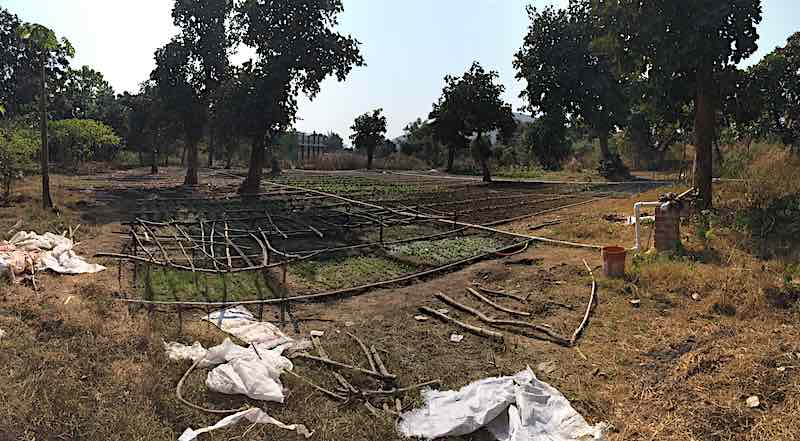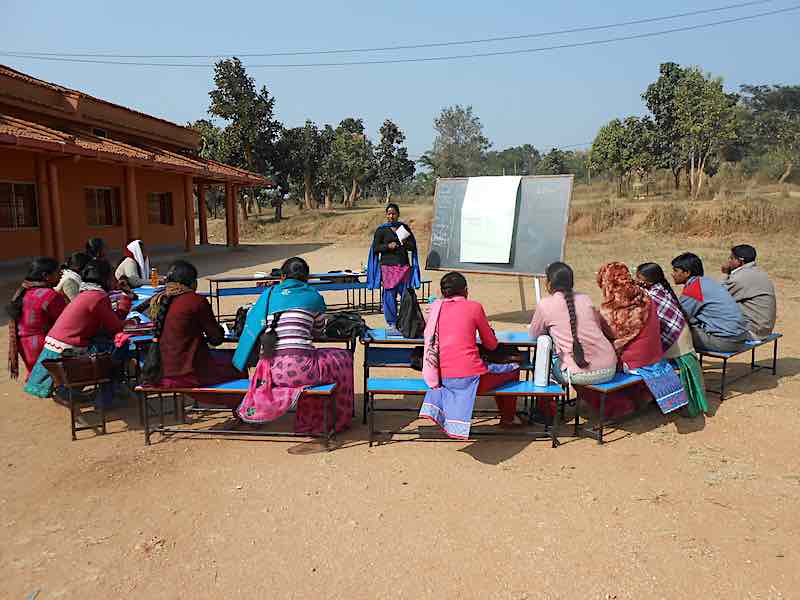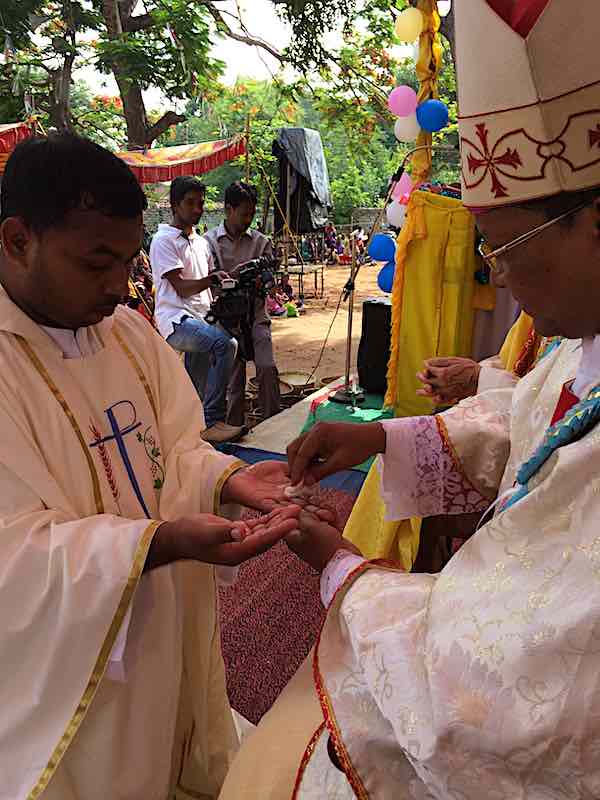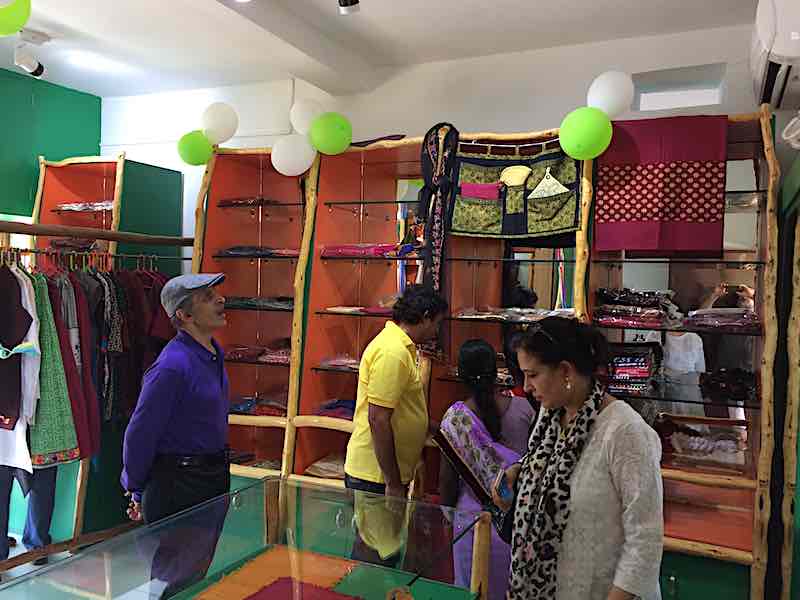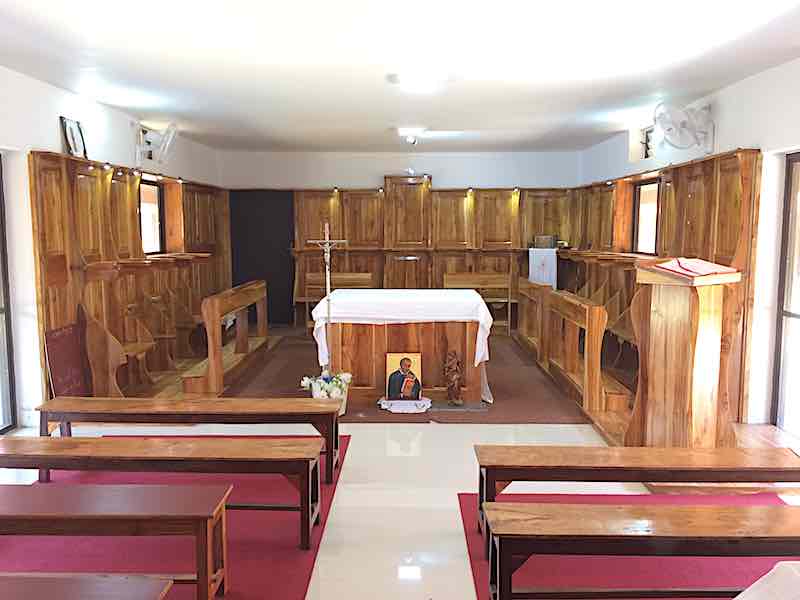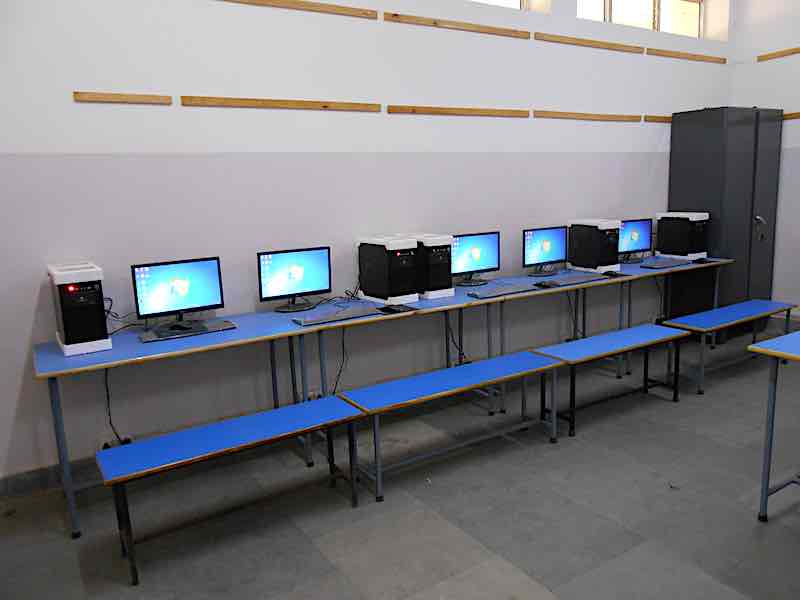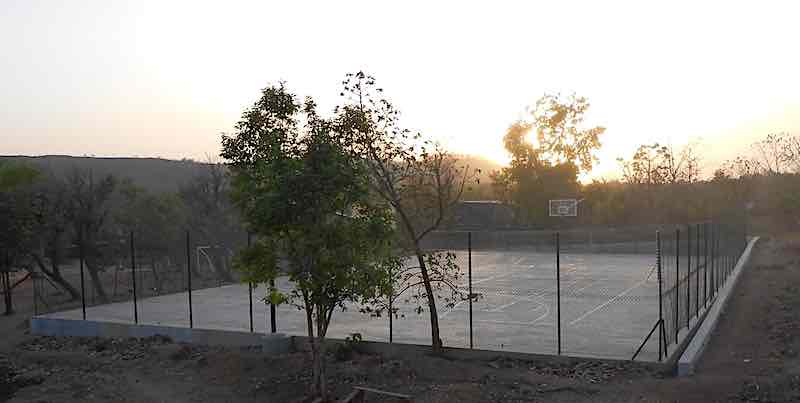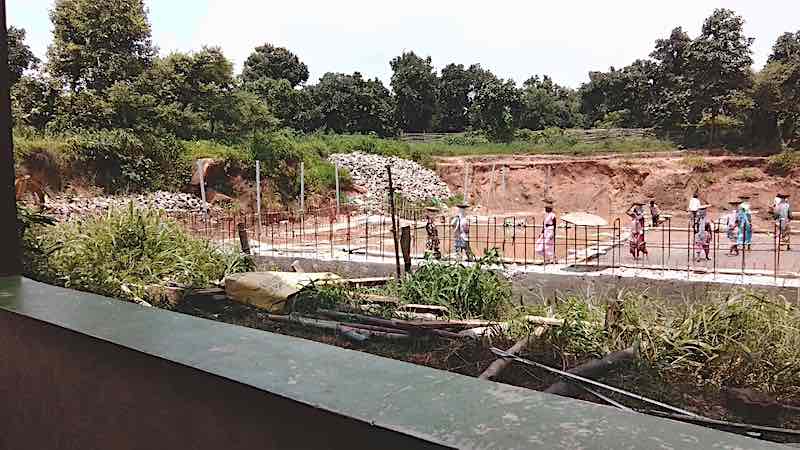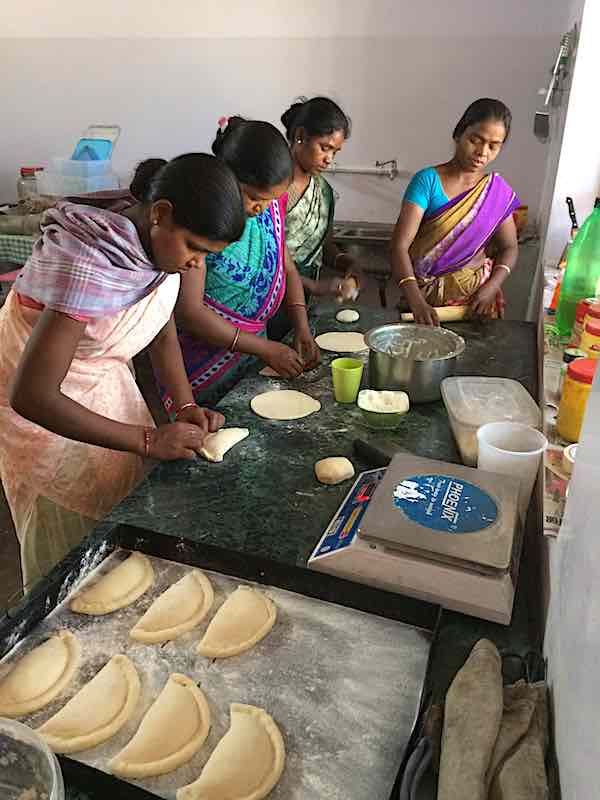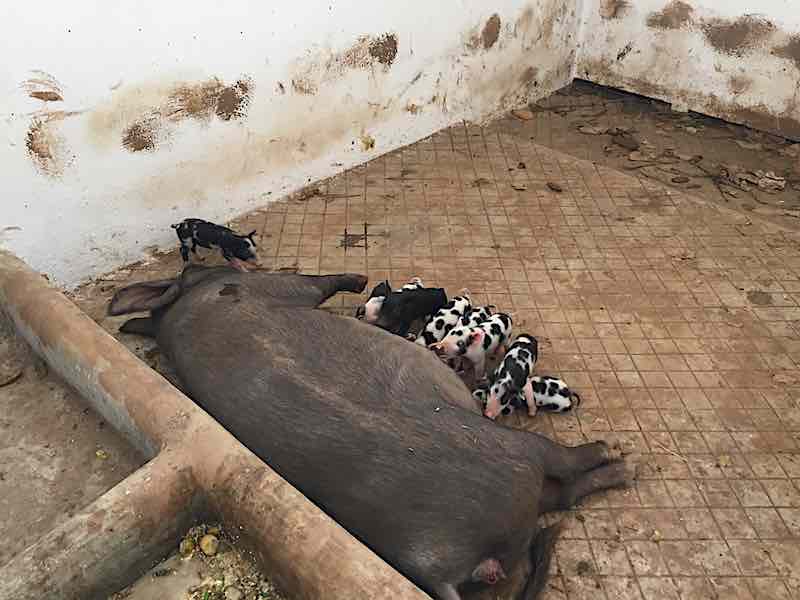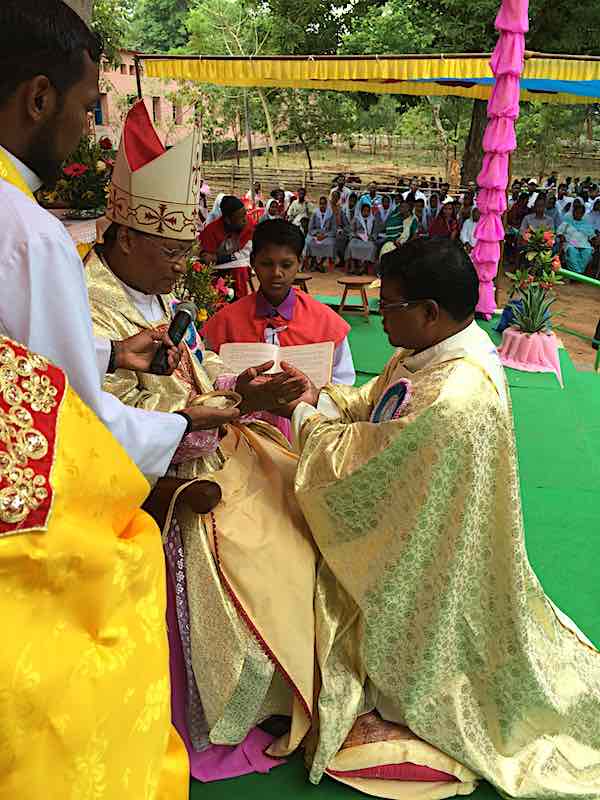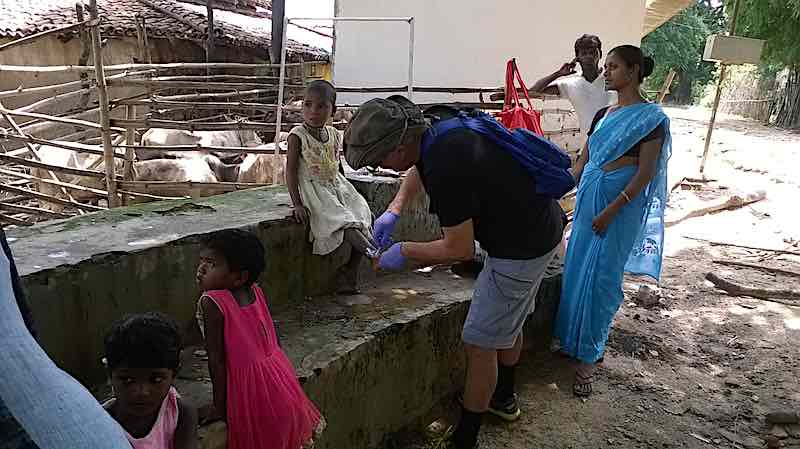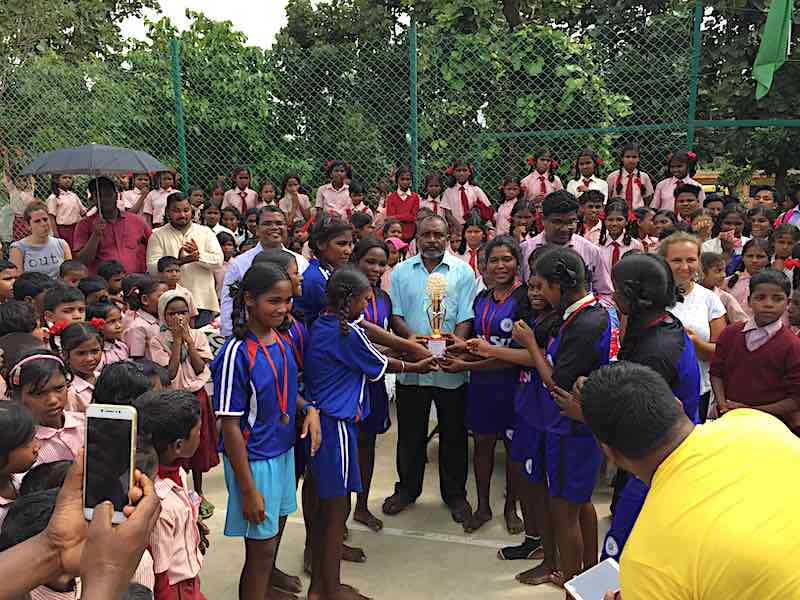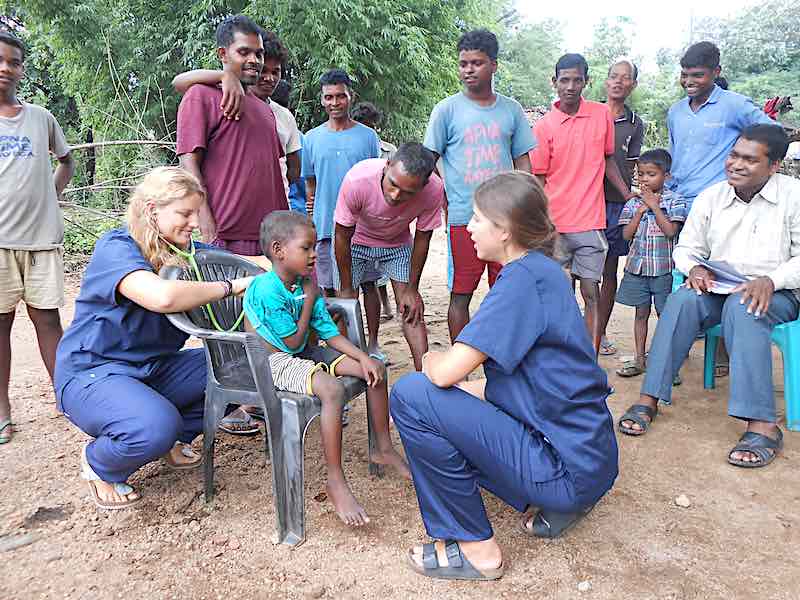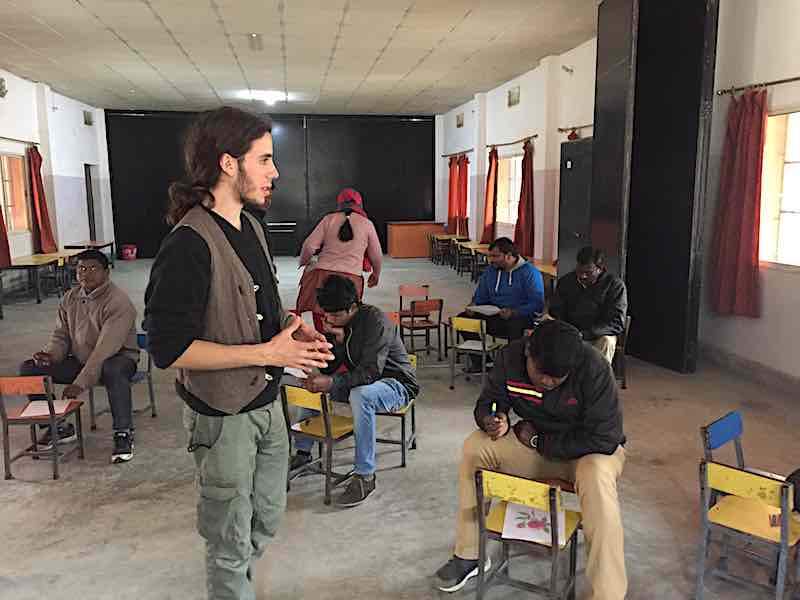India
From Italy to India
The presence of the Doctrinaries in India began at the end of the 1990s, inspired by the Provincial Superior, Father Luciano Mascarin, who, attentive to the Conciliar invitation for all Congregations to personally assume responsibility for the Mission of the Church, made contact with some Dioceses of India and Burundi.
Contacts with other Congregations brought Father Luciano to the Diocese of Ranchi, where, with the support of the Salesian Don Guido Colussi (a missionary for decades in that part of India) and the welcome of the Archbishop Monsignor Telesphore P. Toppo, he laid the foundations for the opening of a doctrinal community.
On July 9, 1997, the Italian Provincial Chapter, under the guidance of Father Luciano, approved a “Motion” on the missio ad gentes that reads: «The Chapter is of the opinion that the missionary initiative, desired and supported by the last General Chapter and personally followed by the Superior General, must continue and, anticipating that a community cannot be established before the year 2000, it presents to the Government of the Province the following general indications for the three-year period: in collaboration with the Curia of Ranchi (India)… the hypothesis of the purchase of a piece of land and the eventual start-up of the structures for a work in Ranchi should continue to be explored, possibly involving “lay Doctrinaires” from the beginning; the spiritual, cultural and apostolic preparation of the candidates in charge, especially Indians, should be intensified, also through the participation in the annual meetings of specific preparation, called by the C. U.M. (Centro Unitario di Sanità). U.M. (Unitary Center for Missionary Formation) of Verona, and the study of the English language; for the formation of future new vocations, without excluding a priori an eventual presence in Italy, we proceed, as already begun, in their formation in India with the collaboration of the Jesuit Fathers or other Congregations».
So it was that in November 1999, with the presence of the newly ordained Father Paolo and the first Indian doctrinaires, Binay Kumar Guria and Gregory Jojo, the first community was founded in Ranchi.
The Fathers, who were soon joined by Father Arun Kumar Ekka, in addition to taking care of the formation of seminarians and participating in the diocesan Catechetical Office, put themselves at the service of the population by carrying out, in the space of a few years, first in a predominantly poor neighborhood of the city and then also in a rural area 25 km from the center of Ranchi, many initiatives to respond to the needs of the most indigent and outcast local population. The collaboration of many lay people and, above all, of two non-profit organizations, the Yatra Association and the Jarom Association, is fundamental in this regard.
Active projects in Ranchi and Bayangdih (Jareya)
In Ranchi, the Little School Stefano & Gaetano is the first to be born, a “small” school for the recovery of children who have left education in the early years or who would not have the possibility of accessing it in a serious way due to the economic conditions of the family. After an initial literacy, the students are enrolled in the most qualified schools in the city and assisted in their studies, school expenses and with a daily hot meal.
The César Silai Centre is a tailoring and embroidery school, to introduce poor unemployed women to the profession: the products are sold in India and Italy thanks to the collaboration of Yatra and Johar.
The Computer Centre provides disadvantaged young people with basic computer skills in preparation for employment.
Morgante’s Library is a library and study room for young people: it guarantees essential services to give continuity to studies and prepare for university exams and competitions.
The Yatra Dispensary is a small outpatient clinic with a nurse and a doctor on duty twice a week, which is freely accessible to the neediest. Medicines and treatment are free.
Corsi di Formazione Lavoro is a training school to prepare young people to participate in the main job competitions.
In Bayangdih (Jareya) the Nawa Maskal School is a school with a nursery, primary and secondary school, for children from about fifty villages that would not have access to education. In the Nawa Maskal School they chose to take up the challenge of trilingualism (Mundari, Hindi, English), a first attempt in Jharkhand, so as to facilitate integration between the different Indian cultures without necessarily setting aside the millenary baggage of the culture of the Munda people, to which most of the students belong. The school also tries to offer examples of small entrepreneurship to students and their families, in the wake of environmental and economic sustainability. The Jarom Association collaborates closely in the development of the school by organizing, among other things, interaction camps for young people.
The Yatra Dispensary, here too, is a small outpatient clinic with a nurse present constantly and, once a week, a doctor, which the neediest can freely access from the surrounding villages. Medicines and treatment are free. In addition, a small health team visits the surrounding villages in shifts every day, bringing assistance and medicines on site, and thus offering the population also the possibility of accessing the dispensary services.
Photos of the Indian experience
In chronological order. Clicking on the photos opens the gallery with the captions.

